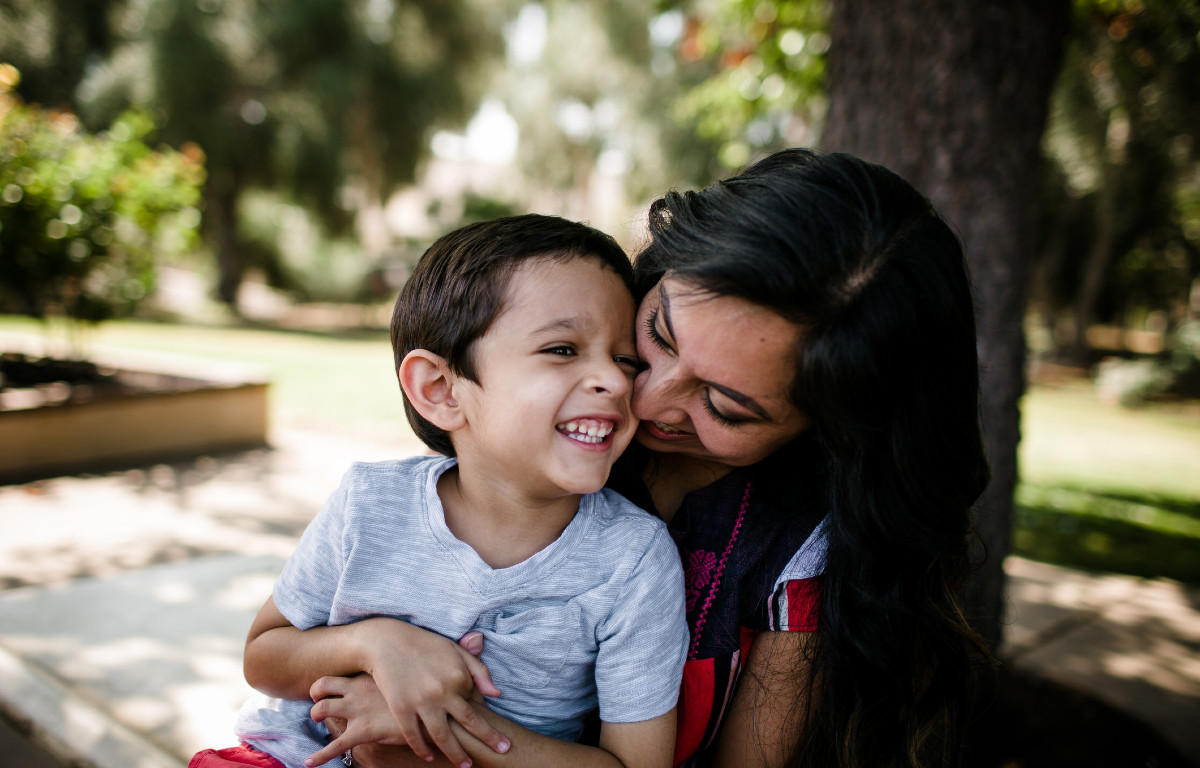 EDITORS’ NOTE: This post first appeared in Bronx Voice.
EDITORS’ NOTE: This post first appeared in Bronx Voice.
A year ago, pre-COVID, my team of developmental pediatricians and other colleagues at the Rose F. Kennedy Children’s Evaluation & Rehabilitation Center at the Children’s Hospital at Montefiore, where we diagnose and treat children with autism and other developmental disabilities, participated in an international collaborative discussion about challenging cases across the U.S. and around the world. One case of a child with likely autism noted in the chart that “the parent hugged the clinician at the end of the session before leaving.” Immediately, a colleague from another institution commented, “we don’t hug our patients.” That seemed a common sentiment among the group. Our room, however, became very quiet. Um…we do.
I’ll be honest, I’m not exactly the hugging type. But I learned early in my role as a Developmental Pediatrician specializing in autism in the Bronx that the families I serve are; over time, I’ve leaned into that culture. After the conversation above, I began to pay more attention to my demonstrative patients and their families and our practice of hugging.
The Rose F. Kennedy Center is unique among developmental centers for autism in that after diagnosis, we follow the children, well, forever. I have served as the director of the early intervention program for 25 years, with patients ranging in age from infants to teens, to former patients coming in with their own children. In many cases, given the long-standing relationships combined with the intimate nature of the information we discuss with families, we often play dual roles of doctor and extended family member.
When a parent wants to boast about their child’s accomplishments, we are overjoyed to hear this news. The parents of my patients know to come to each visit with a list of all the things their child has learned since I saw them last, as well as their concerns and questions. That may include the child’s first words being spoken at age five instead of the usual one year of age, or toilet training finally at nine years of age, or that their child has made their first friend in 2nd grade. Never mind the age at which these milestones are met, they are opportunities for unabashed celebration. And I’m all in.
Parents also know I am there for them when they need to relieve their stress, frustrations and fears. And I am here to brainstorm solutions with them when their child runs into the street yet again, or doesn’t sleep, or eats only four foods, or is aggressive and has been asked to leave an after-school program. Together, parents and I think through what we can do to address difficult situations and take steps to manage issues.
During the pandemic, telehealth appointments have added a new level of intimacy to many of our exchanges — support is less available from elderly relatives, neighbors, and care providers, so families rely on us even more. Reinforcing the sense that I am a member of the extended family, children often arrive on screen excited to see me, giving me a tour of their room or showing me a favorite toy. These home visits make it even more natural to conclude with a virtual hug.
We are all living in challenging times due to the pandemic, but our families of children with autism are experiencing unique challenges. Recurrent scenarios among families include; therapists being hesitant to go into homes to provide essential services; upset routines for children who are very tied to repetition and structure; regression in social skills as children adapt to remote learning; and inability to focus independently during virtual classes. These stressful experiences are leading many parents to feel like giving up. It is in our telehealth exchanges that we offer guidance and support, a compassionate ear and tactics to cope. Just as we have done for decades in person.
This year, Autism Awareness Month has a new name: Autism Awareness and Acceptance Month. According to Christopher Banks, president of the Autism Society of America, “The shift in the use of terminology aims to foster acceptance, to ignite change through improved support and opportunities in education, employment, accessible housing, affordable health care and comprehensive long-term services. Words matter as we strive for autistic individuals to live fully in all areas of life.”
In honor of Autism Awareness and Acceptance Month, I offer all the children with autism and their families, our extended family, a virtual hug and I look forward to hugging you in person.

